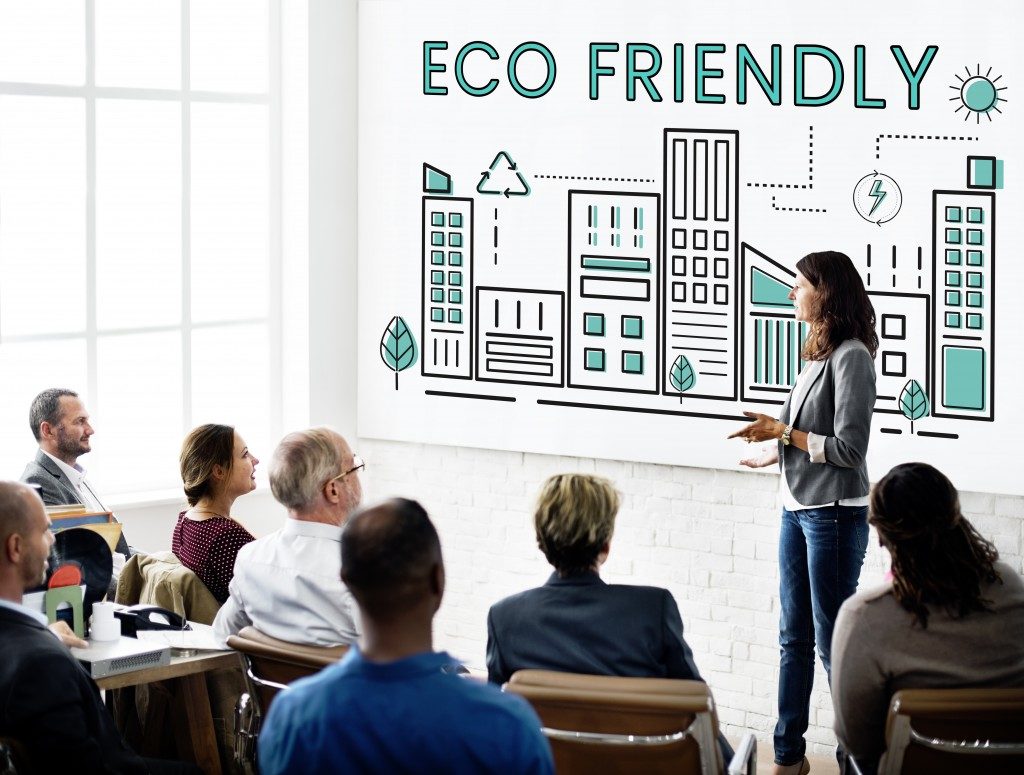Disclaimer: Mladysrecords. This site provides fashion and lifestyle content for informational purposes only.
If you’re reading this, congratulations; it means that you’re genuinely concerned about where our planet is heading. It’s easy to get caught up in the fast-paced lifestyle of the modern world, with little thought about what we consume and throw.
From plastics to carbon dioxide, we produce unhealthy amounts of waste that lay our world to waste. It’s time to change that. And you don’t have to invent the next best thing to solar panels. You can start right where you are: at your home.
1. Limit your use of single-use plastics.
Let’s start with perhaps one of the biggest challenges of the environment today. It’s now believed that around 5.25 trillion pieces of plastic debris are in the ocean, poisoning the marine ecosystem. Moreover, shoppers worldwide are using approximately 500 billion single-use plastic bags every year.
It’s a big challenge, but it’s also easy to do something about it. For one, you can stop using single-use plastic bags and bring your eco-bags when shopping. When shopping for groceries, consider buying in vast quantities and carrying your own containers like glass jars. You can also switch to shampoo bars that do not use plastic.
2. Switch to bamboo sheets.
Most bedsheets are made of cotton. But do you know that 2 pounds of cotton need 20,000 liters of water? Also, cotton needs to be planted after every season while bamboos regrow by themselves rather quickly.
Bamboo can grow into healthy, tall grasses even without the use of pesticides and insecticides. They can also develop in areas not typically suited for agriculture. A big plus is that they are naturally hypoallergenic, antibacterial, super soft, and moisture-wicking. If you decide to buy bamboo sheets, make sure to buy them from trusted manufacturers with sustainable sourcing processes.

3. Plant a garden.
One of the most significant problems of the world today and in the future is food security. By 2050, the world must feed 9 billion people, a demand that is 60% greater than the need today.
A simple way to solve the problem is to plant your own garden. If you grow enough vegetables and crops to feed your family, you will not only be saving money, but you’ll also model to other families how it is possible.
If you don’t have a vacant plot of land, you can make an indoor garden. There are a lot of hydroponics options, so if you really want to do it, you’ll find a way.
4. Invest in solar panels.
Lastly, the problems with a carbon-dependent society are starting to show starting from the changing climates to the impending depletion of fossil fuels. If society continues running on electricity, more residential and commercial buildings should start switching to renewable energy sources. Installing a solar panel system can be costly at first, but the savings that you’ll incur in the coming years will help the system pay for itself.
There are many ways to have an eco-friendlier home. From your bedsheets to the source of your electricity, you and your family can do something that your kids and grandkids will thank you for in the future.

